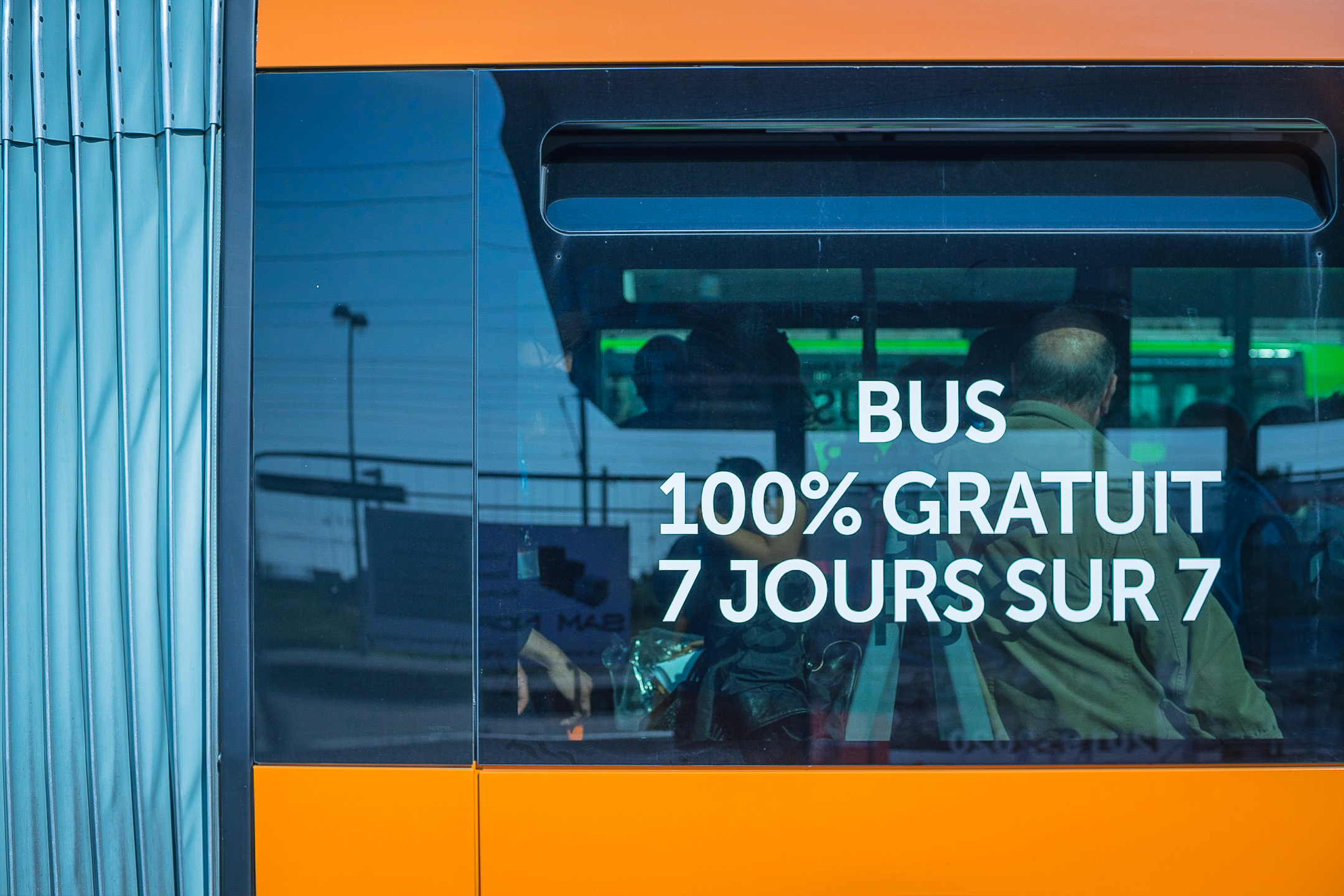
© Wojciech Kębłowski
Fare-free public transport
Work Package 2: Integration of Fare-free Public Transport
Work Package 2 (WP2) centres on the integration of fare systems and fare-free public transport (FFPT) initiatives. The work package builds on insights from the case study of Tallinn, where public transport fares were abolished in 2013. While all registered city residents in Tallinn can travel for free on public transport, residents in the urban periphery and the wider urban region face various challenges. The uncoordinated and unintegrated mobility services leave commuters with fewer incentives to use public transport and a high reliance on private motorised vehicles. Equitable and sustainable mobility solutions as well as integrated pricing and ticketing systems remain a challenge for the city region. As part of Work Package 2, a team of researchers examines the current challenges for public transport in the face of environmental, technological, economic and social disruptions, taking into account the geographic differences between centre and periphery. The aim of WP2 is to asses the integration of ticketing systems as well as FFPT in different territorial policies, organisational forms (e.g. flexible public transport services or mobility hubs), innovative mobility services and digitalisation. Within this WP2, we assess the resilience and fairness of FFPT and evaluate alternative solutions for integrating fares and ticketing systems to create resilient, fair and equitable public transport solutions that enable the use of public transport in different geographical and demographic settings.
The research initiates with desk research (including academic literature and policy analysis), expert interviews and workshops with key stakeholders. More importantly, the co-design and participation of different groups is seen as key to inclusive transport planning. For this reason, the main findings will be obtained through qualitative studies based on user interviews and a joint experiment with commuters from the Saue municipality in the Tallinn city region. To carry out the research activities and promote the potential outcomes, the researchers work closely with the Tallinn City Council, Saue Municipality and local mobility providers. As a way to apply the insights of the experiment beyond the Tallinn urban region, the research aims to establish best practice examples on integrating fare systems and ticketing strategies to enable just and resilient public transport systems. WP2 further incorporates experiences of full and partial FFPT implemented in Hasselt in FUR-ULL, as well as the practices of cooperation within the FUR-ULL to identify potentials for mutual capacity building. In addition, partial FFPT is explored as a form of inclusive planning in STO-ULL and in OSL-ULL.
Moreover, WP2 coordinates the Tallinn Urban Region Living Lab (TAL-ULL), which enables other researchers as well as stakeholders to learn from best practices on FFPT as well as methodological approaches to conducting case studies and test runs in the region.


